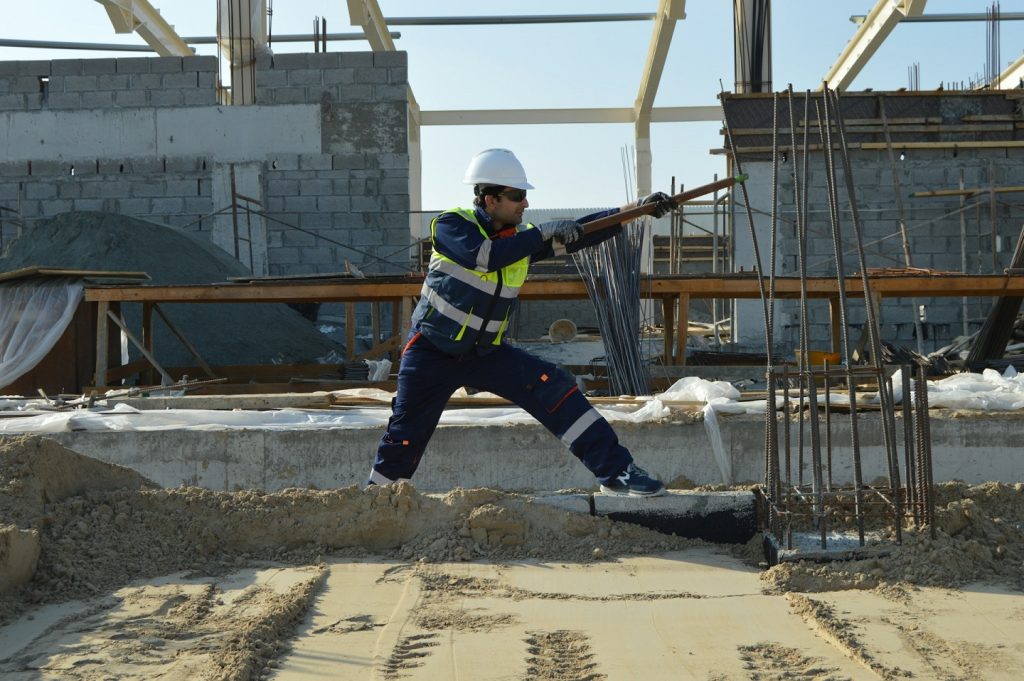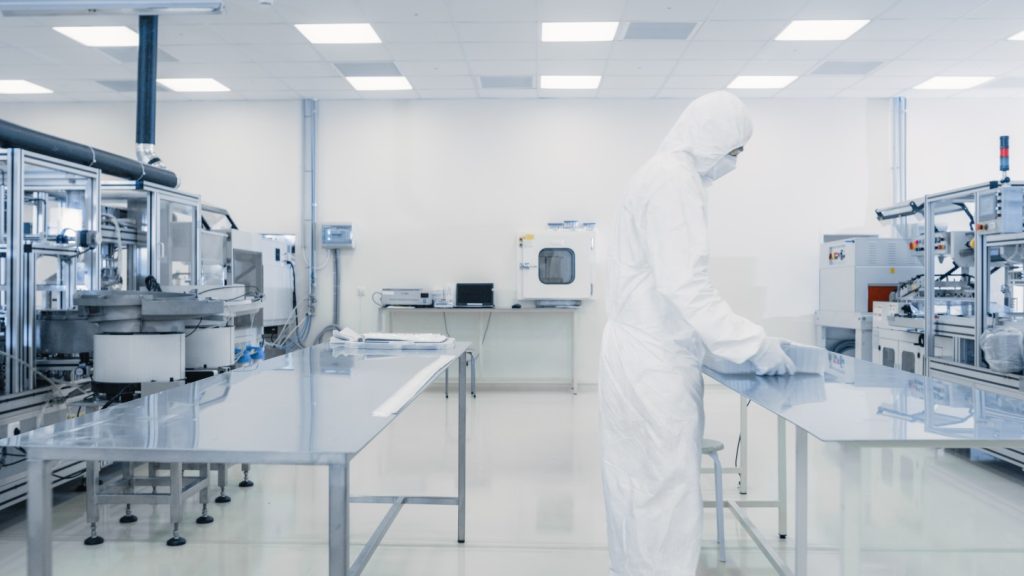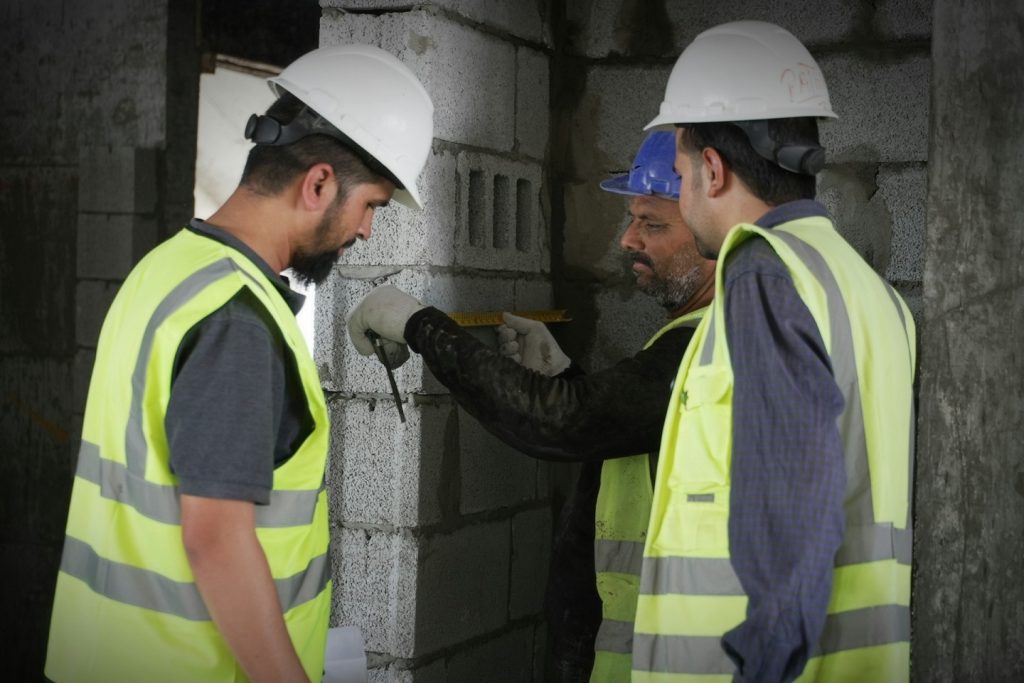The UK’s High Speed Two (HS2) Innovation Accelerator programme has announced the selection of six new companies set to receive specialised support over a 20-week period.
The Accelerator initiative, a collaboration with Connected Places Catapult, aims at enhancing the efficiency of infrastructure delivery.
The six companies will focus on developing software solutions aimed to foster advancements in construction site handover automation, design acceleration, and circular economy practices during decommissioning phases.
Among the chosen companies, BuildPrompt, Document Crunch, and Morta are tasked with creating technologies that help streamline the verification of constructed assets against approved designs.
Their efforts will include the application of machine learning algorithms to automate document review processes.
Madaster is set to work on a 'material passport' that facilitates the reuse of materials, contributing to sustainable practices during site decommissioning.
Meanwhile, Simalytica and Xinaps will focus on expediting design processes via AI applications that enhance optimisation and automate assessments.
Post-development, these chosen companies will present their solutions to potential investors and the extensive HS2 supply chain.
The previous five cohorts of the Accelerator programme have seen significant success, with participating businesses securing 24 pilot projects and more than £220m ($290.45m) in investment and funds, leading to 430 new jobs created within the UK.
In parallel, HS2 has opened applications for its seventh Accelerator cohort. Interested innovators face a deadline of 13 October 2024 to apply for a chance to tackle new challenges such as asset management automation and productivity maximisation on construction sites.
HS2 senior innovation manager Jon Kelly said: “Through HS2’s Accelerator programme we are maintaining the flow of new ideas and technology into both delivering high-speed rail in the UK as it transitions from civil engineering works to rail systems.
“Future application of technologies developed on HS2 have the potential to drive efficiencies across the construction and rail industries.”















